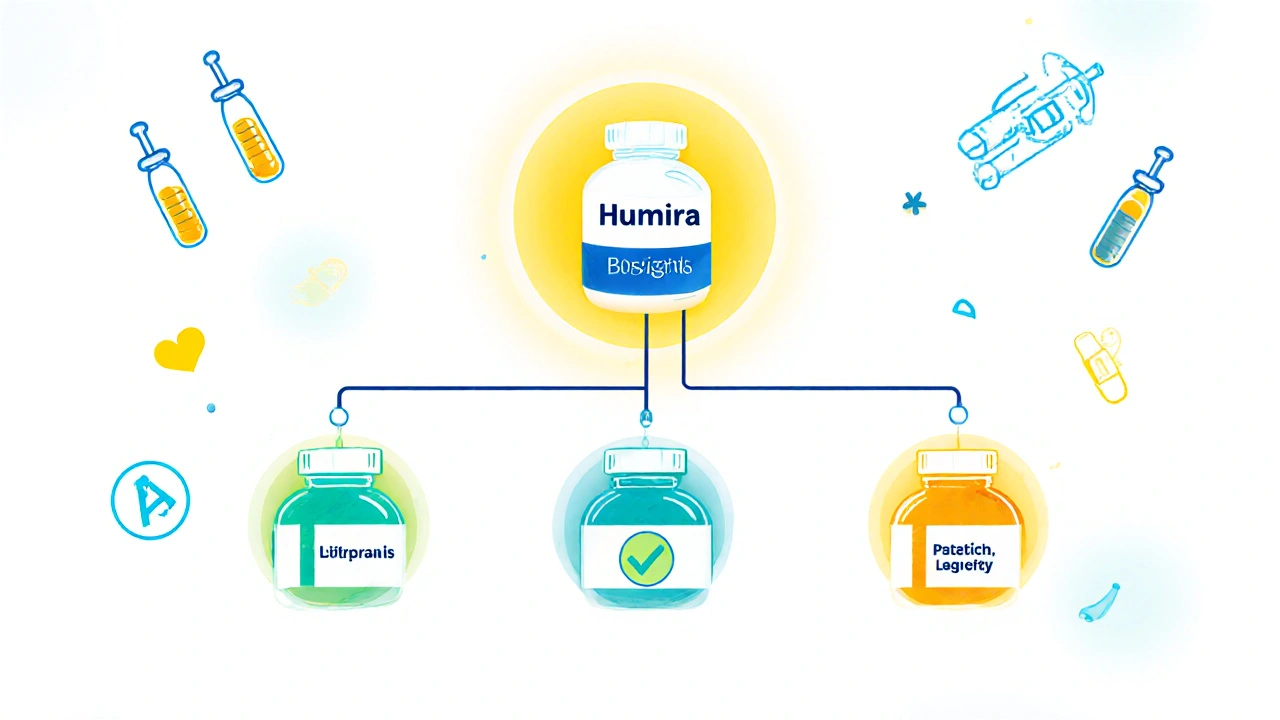When you hear biological products, medicines made from living organisms like cells, proteins, or genes, rather than synthesized chemicals. Also known as biologics, they include vaccines, monoclonal antibodies, and gene therapies—things that treat cancer, autoimmune diseases, and even rare genetic disorders. Unlike regular pills, these aren’t made in a lab with chemicals. They’re grown in living systems—yeast, bacteria, or animal cells—and that makes them far more complex, expensive, and harder to copy.
One of the biggest shifts in medicine over the last 20 years has been the rise of mRNA therapeutics, a type of biological product that teaches your cells to make a protein that triggers an immune response. This technology powered the COVID-19 vaccines and is now being used to fight cancer and rare diseases. But they’re not the only kind. biosimilars, lower-cost versions of existing biologics that mimic their effect but aren’t exact copies, are starting to appear for conditions like rheumatoid arthritis and Crohn’s disease. These aren’t generics—they’re more like high-tech duplicates, and getting them approved takes years of testing because even tiny changes in how they’re made can change how they work in your body.
Why does this matter to you? Because biological products are often the only option for serious illnesses where traditional drugs fail. But they’re also the most expensive. Insurers push back because a single dose can cost thousands. That’s why formularies and pharmacy benefit managers fight over which ones to cover—and why patients sometimes get stuck waiting for approval. And while side effects are usually rare, they can be serious: think allergic reactions, immune system overreactions, or unexpected interactions with other meds. That’s why post-marketing safety tracking is critical. Your report of a strange reaction after an injection might help catch a pattern no clinical trial ever saw.
These aren’t just science lab wonders. They’re real tools used every day—by people managing diabetes with insulin made from engineered bacteria, by cancer patients getting antibody infusions, by parents vaccinating their kids with recombinant vaccines. The difference between a biological product and a regular pill isn’t just in how it’s made—it’s in how it changes what’s possible in medicine. You might not know you’re using one, but if you’ve had a shot for arthritis, a treatment for multiple sclerosis, or even a flu vaccine made with recombinant DNA, you’re already part of this revolution.
Posted by
Jenny Garner
13 Comments

The FDA's Purple Book is the official source for tracking approved biological products, biosimilars, and interchangeable biologics. Learn how it works, what interchangeability really means, and how it affects your prescriptions.
read more